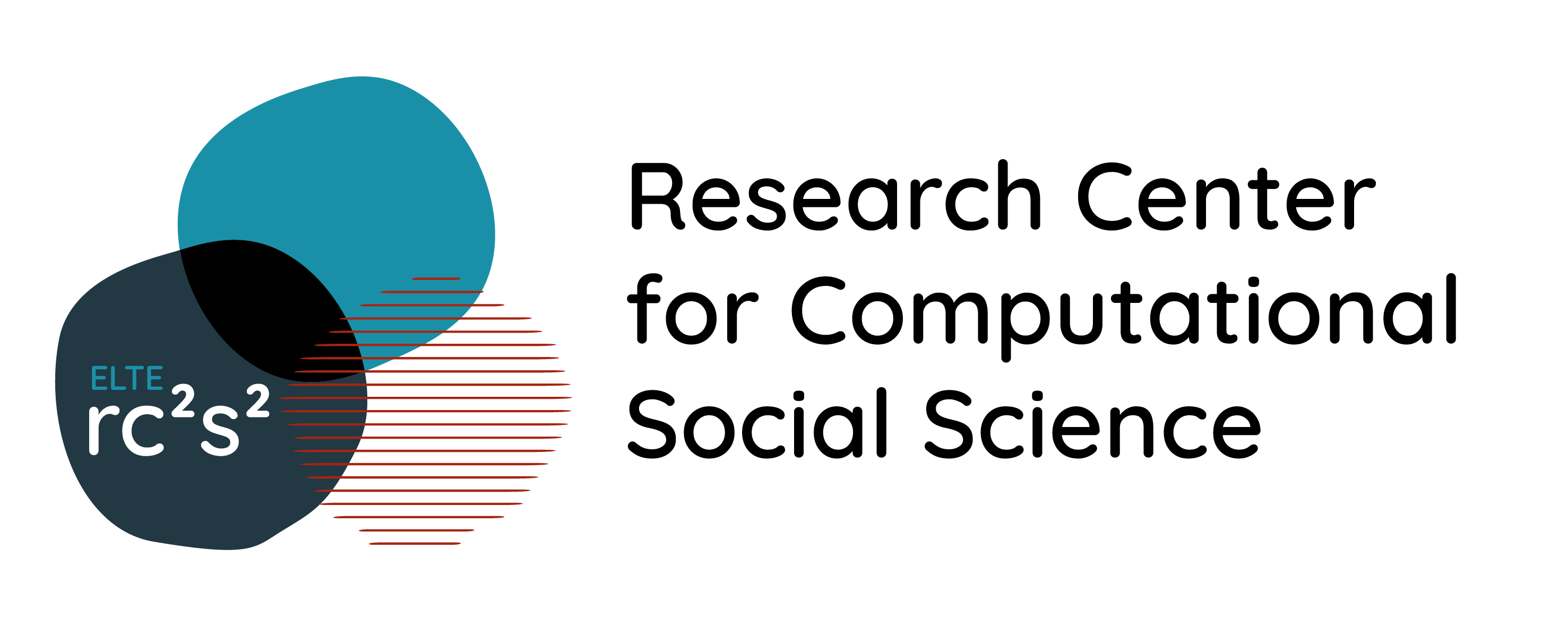In this lecture based on my research on reinterpreting of the memoryscape during the 1960s in Hungary, exploring how individual, local, or institutional practices shaped the relationship between memory and amnesia in this period. I focus on the cultural responses to the Holocaust in Hungary from the late 1950s and during the 1960s, showing that, in contrast to previous assumptions, there was a quantitative and qualitative change in the attention devoted to the Jewish genocide, a varied range of translations, testimonial, historiographical, literary representations of the topic appeared. I shall endeavour to demonstrate that this growing interest in Holocaust-related material was linked to the impact of the Eichmann trial, and that the Cold War as a present context, Hiroshima, Vietnam, nuclear weaponisation and decolonisation in an anti-fascist framework opened the way for a multidirectional memory. It is argued here that while the Holocaust were not absent from representations during this time, there was no institutional, public commemoration of the traumatic past of Hungarian Jewry, and that Soviet directives following the Arab-Israeli war (1967) also influenced the frames of the discourse of memory. I exemplify the discourse of counter-memory with the case of Erzsi Szenes (1902-1981), a survivor, a writer, and a witness of the Eichmann trial, emigrated to Israel, who could publish testimony in Israel and Hungary during these years, and I also provide examples of the interaction between the present and the past, of multidirectional memory.
